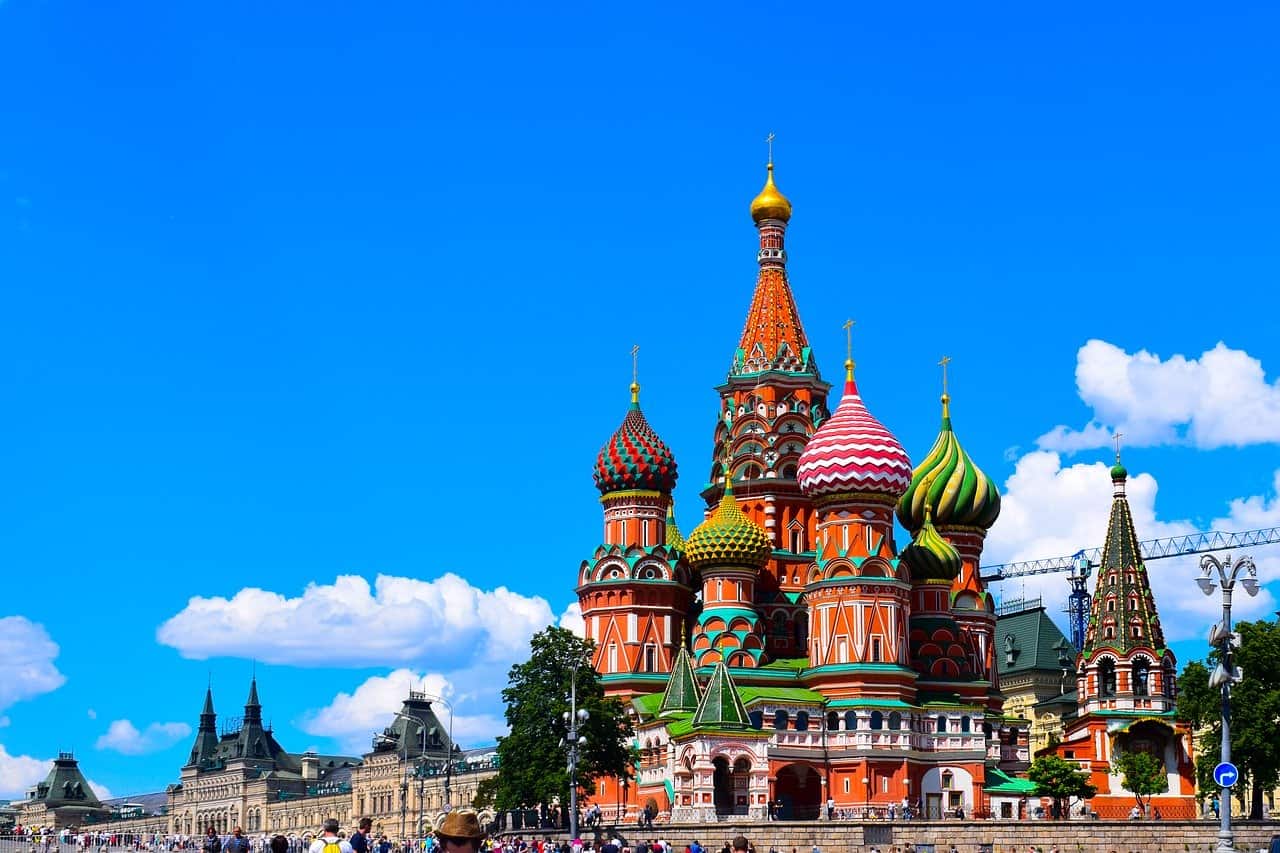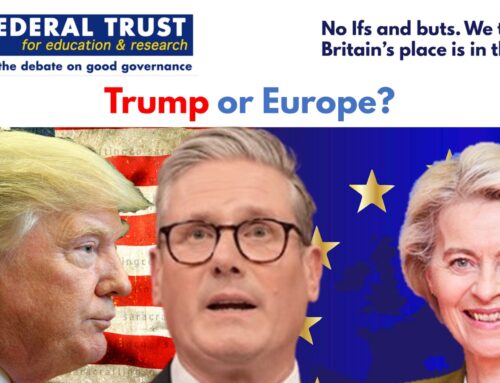March 2020
Authors:

Prof. Gulshan Sachdeva,
Jean Monnet Chair and Director, Europe Area Studies Programme, JNU, New Delhi, India

Karine Lisbonne de Vergeron
Associate Director, The Global Policy Institute
This paper is the final publication of Phase 3 of the EU-India Think Tanks Twinning Initiative (follow the link for further information and the previous papers).
DOWNLOAD THE PAPER (pdf format)
Introduction
During the Cold-War years, Europe and India engaged with the Soviet Union at very different levels. On many occasions they found themselves supporting the opposite side. Western Europe was part of the American led western alliance. India, however, had very close strategic and economic ties with the USSR, which were institutionalised through the 1971 Indo-Soviet Treaty of Peace, Friendship and Cooperation. Despite the collapse of the USSR and termination of special bilateral trade relations in the 1990s, India and Russia have maintained excellent political relations. These ties have been institutionalised through strategic partnership signed in 2000 and upgraded to ‘special and privileged strategic partnership’ in 2010.
Both the EU and Russia also devoted a lot of time and energy in the 1990s to build a strategic partnership. Geographical proximity, mutual interdependence in the energy sector, trade and investment linkages and global ambitions helped the EU and Russia to engage with each other strategically in Europe and elsewhere. Due to its position in the UNSC; its international linkages as well as its influence in the EU’s neighbourhood, Russia was a natural partner for the EU to tackle some of the key global and regional challenges. This partnership was built through carefully constructed institutional mechanism involving many dialogues, committees and agreements. Although established independently on their own merits, the strategic partnerships between EU and Russia; EU and India; as well as India and Russia have been useful for all three players to better understand some of the key crosscutting security and economic issues including Afghanistan, Iran, Eurasian integration and energy security.
The Ukrainian crisis damaged the strategic understanding built over years between the EU and Russia. The EU and India reacted differently to Russia’s annexation of Crimea in 2014. While the EU considered this action as a serious breach of international law, India took a neutral position and more or less accepted Russian interests in the region. Since then EU’s relations with the Russia are tensed and have resulted in sanctions as well as trade and investment restrictions. Despite different dynamics in EU-Russia and India-Russia relations both historically and presently, this paper tries to identify a few areas of joint specific interests involving Russia where the EU and India could potentially exchange.
DOWNLOAD THE FULL PAPER (pdf format)

This paper was written in the framework of the EU-India Think Tanks Twinning Initiative 2018-2019 – a public diplomacy project aimed at connecting research institutions in Europe and India funded by the EU. Its contents are the sole responsibility of the writers and do not necessarily reflect the views of the European Union.
All publications from the EU-India Think Tanks Twinning Initiative can be found here: https://euindiathinktanks.com/publications/





